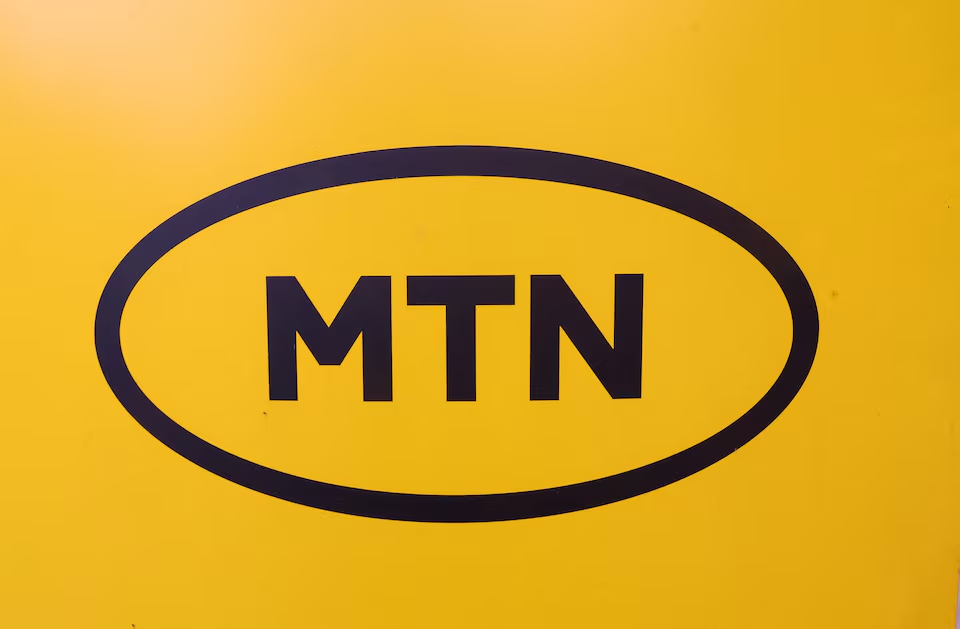
Stefan Zehle, Chief Executive Officer (CEO) of Coleago Consulting Limited, has made a strong case for government to reduce the cost of spectrum to make it very affordable, arguing that when spectrum lies fallow, it benefits no one.
He made this statement during his presentation to participants at an Industry breakfast meeting on the topic; Spectrum policy and licensing to ensure a sustainable competitive telecoms market in Ghana at the Labadi Beach Hotel in Accra organized by the Chamber.
Zehle maintained that, there’s huge investment in LTE in Ghana, but little revenue increase
He said “Ghana, like most markets, despite the investment in LTE has very little incremental revenue generated by mobile operators”.
He argued that at $67.5 million for 2x10MHz, mobile operators (AirtelTigo, Vodafone and Glo) would not be able to buy 800MHz or 700MHz spectrum and deploy it.
In addition, he stated that the affected operators may not be able to renew 900MHz if the price is similar to 800MHz and may stop funding their businesses, and, in the process, force further consolidation and/or exit.
Coleago recommends that government should assign the remaining 800MHz and 700MHz spectrum to the existing mobile operators, renew 900MHz and 1800MHz spectrum rights, as well as ensure fairness towards MTN, which has already paid $67.5 million for 4G, to ensure a competitive three-player market.
To offer MTN an equivalent deal which is fair, he asked government to give MTN a further 2x10MHz of 800MHz next to its existing holding, renewal of 900 & 1800MHz with a term of 15 years, plus unexpired term of existing license, technology and service neutrality for all spectrum bands, as well as permission for active network sharing, spectrum sharing and freedom to offer wholesale services.
Stefan said MTN paid $67.5m, and although that cost is high compared to spectrum sold across the world, it could be treated as an advance and justification for giving them a further 2x10MHz of 800MHz.
On revenue potential and pricing, he opined that MTN may see the deal as fair if it paid the same $6.25 million for renewal and paid no additional fee for a further 2x10MHz of 800MHz.
According to him, MTN would end up with 2x20MHz of 800MHz, having paid US$67.5 million, which is the same price per MHz, as the other mobile operators would pay for 2x10MHz of 700MHz spectrum.
To him, other mobile operators apart from MTN may be prepared to pay $25 million to $40 million for the package.
Mr. Zehle explained that at $40 million, nominally, this may be broken down into $33.75 for 2x10MHz of 700MHz spectrum and $6.25 million for the renewal.
This, he believes, could raise revenue from $78 million to $126 million for government.
According to him, without access to 800/700MHz spectrum for 4G coverage, it may not be possible to compete effectively with MTN.
Zehle proposed network and spectrum sharing among mobile network operators yet to deploy 4G, which, he said, would help to reduce their cost base and maintain a three-player market.
He made a strong case for Unified License, saying it has many advantages and implications.
The Board Chairman of the National Communications Authority, Mr. Kwaku Sakyi-Addo in his closing remarks at the meeting, commended the Chamber for convening what he described as an “insightful meeting”. He used the opportunity to assure participants that as an Authority, they will take into consideration the presentations and comments espoused at the meeting with the aim to work on them, together with the industry.
He also underscored the need for continuous engagement at all levels to find innovative and sustainable solutions to the effective distribution and use of Spectrum for National development and the growth of the telecommunications industry, which remains, a critical pillar for national development
Source: Chamber News Desk




